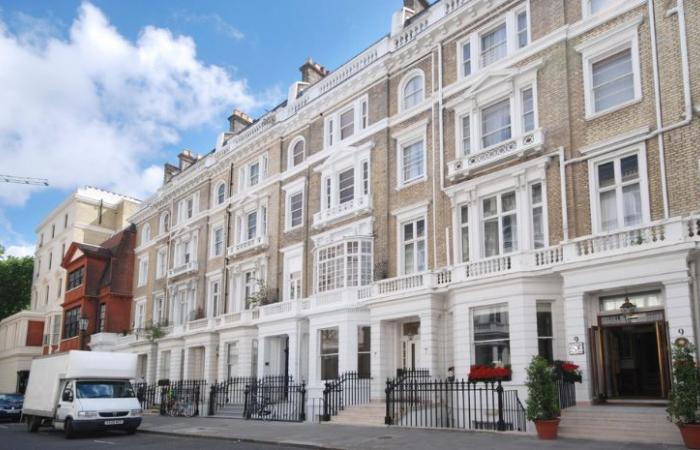We often hear that it is almost impossible to find accommodation in London, yet the British Prime Minister suggests that the British property market, despite tight economic conditions, is showing unexpected resilience…
However, according to the latest data from Nationwide (building society), house prices have increased at their fastest rate in almost two years, with an annual increase of 3.7% in November 2024. This dynamic to say the least worrying also masks underlying challenges: declining accessibility, excessive housing supply, questionable practices of certain developers… But don't worry, the government seems to have the answer to these ever-increasing challenges!
An unexpected rise in property prices
In November 2024, the average house price in the UK rose to 268 144 £coming close to the record reached in 2022. Such an increase may seem surprising, especially with high interest rates and housing becoming less and less affordable in relation to salaries. So how can we explain this market resilience?
- A strong job market: While real estate prices are soaring, unemployment is low, and wages, even taking into account inflation, continue to rise. Households therefore have a little more purchasing power.
- Debt is better under control: British families have less debt today than in the mid-2000s, making them more able to borrow.
- A market which is stabilizing: Applications for real estate loans (mortgages) remain close to pre-pandemic levels (according to The Guardian), despite less advantageous lending conditions.
The real estate project needs to be completely rethought, according to Keir Starmer
The construction sector is the pillar of Keir Starmer's housing policy, but little by little the foundations of the project are crumbling. The British Prime Minister states that: “the Labor Party has committed to building 1.5 million homes within five years”but the project is being criticized by many political opponents, who point out significant obstacles and promises that are difficult to keep.
Angela Rayner, Deputy Prime Minister and Secretary of State for Housing, reaffirmed this commitment despite criticism: “We will bring back mandatory building targets, and the Chancellor has increased funding for the affordable housing program”. However, several local councils and the National Housing Federation estimate that the target will be missed by almost 475 000 units without additional subsidies (BBC).
Another issue is the security of buildings, particularly those with flammable cladding, an issue highlighted by the Grenfell Tower fire in 2017. Angela Rayner promised, on November 2, that all high-rise buildings included in government programs will be: secure by the end of 2029”. Finally, local actors must still deign to add their contribution to the Labor Party's enterprise…






